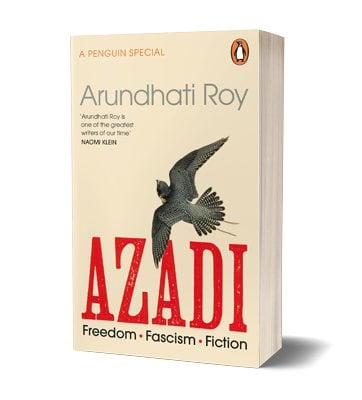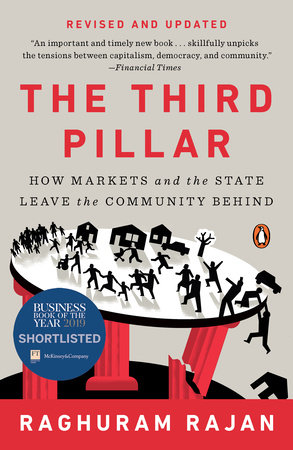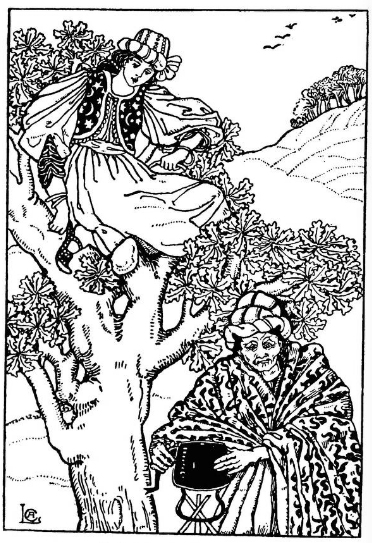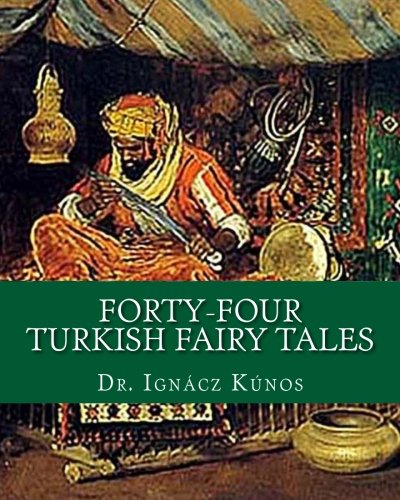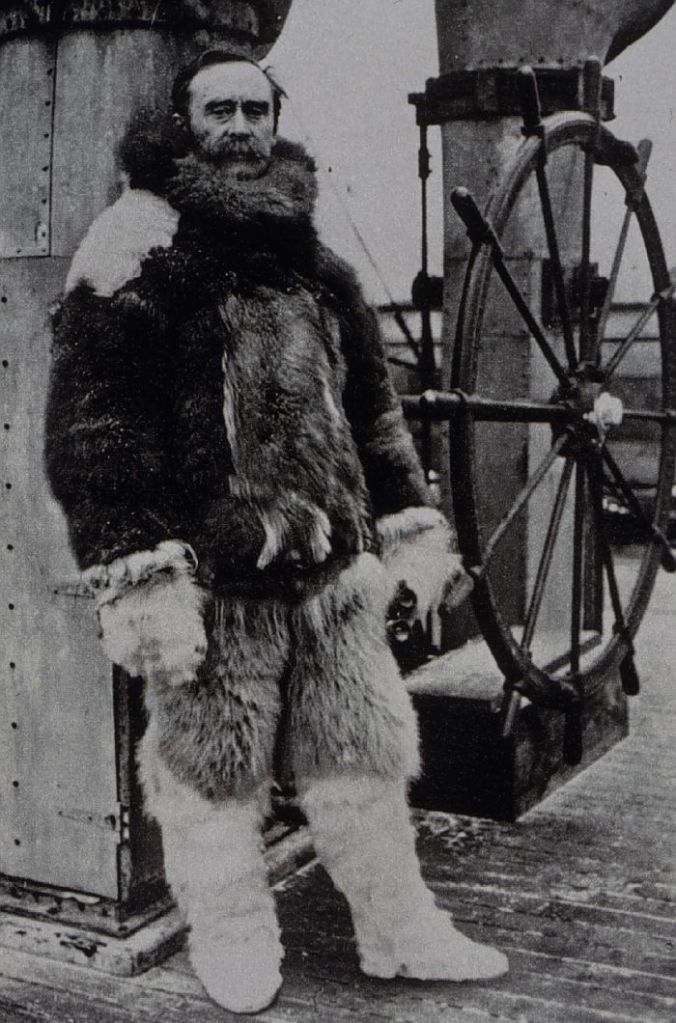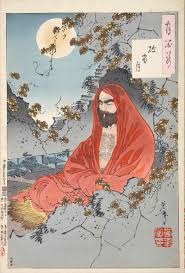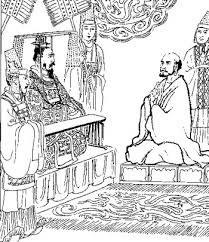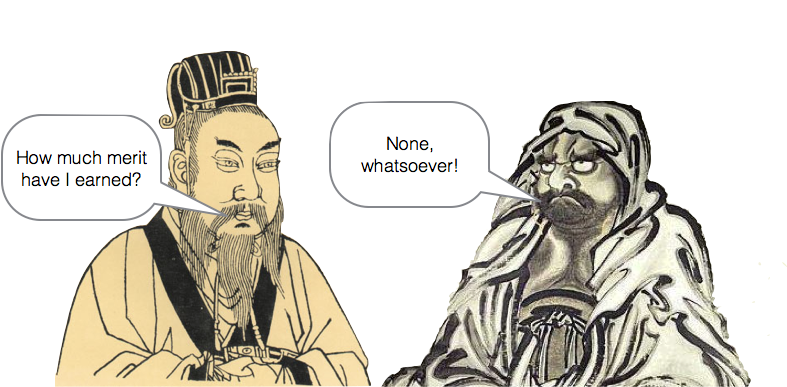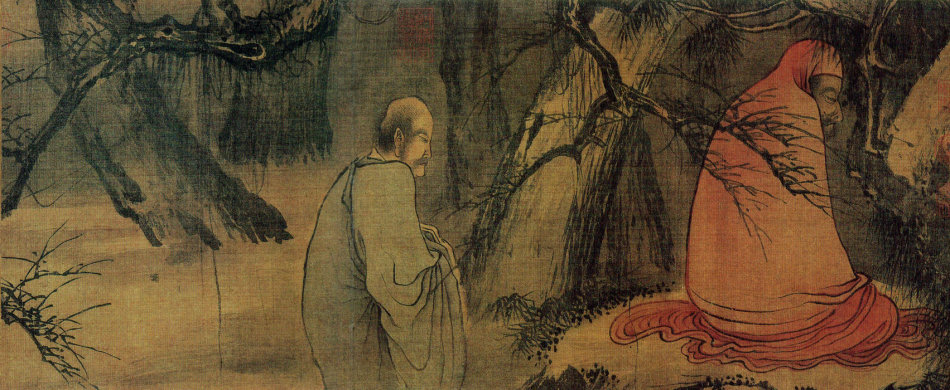I just finished reading the novel “Honour“, written by the Turkish author Elif Shafak, and have so many thoughts and views to share on this book. The plot of the novel is sensitive, contemplative, heart breaking, real and nostalgic; I would say it’s a story that resonates with our own personal struggles in the face of social and moral restraints and dogmas perpetuated in the name of religion and culture. I might run short of words while expressing my inner feelings that rose quite strongly while reading the story. It sometimes left me teary and sometimes left me in thoughts, asking me to contemplate, reflect and empathize. Being an Asian, moral and socio-cultural restraints aren’t new to me; it can come in all shapes and forms: marriage, sartorial choices, conduct in private and public spaces, among others. The list is long and probably unending, depending upon one’s orientation and openness. The story is a concoction of search of one’s roots, search for one’s true love, search for one’s identity, search for the God, and the search for redemption and peace. Which one of these are you looking for? Like the characters of the story, each one of us are probably looking for all of them; we are sometimes caught by an immense guilt for doing something which could have been done better, sometimes caught by the fever of an unaccomplished and unrequited love, sometimes hit by the nostalgia of our birthplace and hometown despite being a place where one might have suffered the most, and sometimes looking for an answer from that spiritual power for all complexities of life. Life itself is a huge drama, depending upon where your roots are from. Death has been beautifully and subtly depicted as a way of deliverance, deliverance from lost hopes, unsolved complications of life, unrequited love, and unachieved peace.

Set in a remote Turkish village, the story looks through the eyes of the main characters: Pembe, Jamila, Iskender, Yunus and Esma. It’s a story of twin sisters Pembe and Jamila and how they perceived the patriarchal and rigid world around them; it’s also a story of Adem, who witnessed death, domestic violence and the stigma of being a son of a run away mother; it’s also explores the mind of children who grow watching the moral constraints and how they retrogressed or evolved their thoughts as an adult; it’s also a story of Iskender who goes on to stab his mother Pembe (turns out to be his aunt Jamila) to death in the name of protecting the honour of his family; it also looks at the brigher and sunnier sides of the life through the characters Yunus and Esma. Picking the favorite plot is next to impossible! However, as a reader, it’s the guilt of Iskender and his deep regrets during his prison time that touched my heart, as it makes you understand that how an action committed in a fit of anger can leave one devasted and lonely . Despite living so close physically, each and every family member steadily become distant to each other, leaving the innate trust and affection as a thing of past. It was painful to read how the societal pressure and hierarchical relationship between the father and son pushed the little boy Iskender towards the extreme path of transformation, both physically and ideologically, to gain reputation and not to get bullied and assaulted by anyone, even his own father.
How I wished when Pembe and Adem separated due to the truth that their marriage wasn’t love and unhappiness and despair as a result were spreading dangerously across their hearts and minds could have found their true love! Pembe deserved Elias, who came into her life like the sudden rain of pure joy. And, Adem deserved Jamila, whom he didn’t marry to avoid the stigma of marrying a woman who had been kidnapped and had no proof of her being a virgin. He ultimately committed suicide and Pembe died a lonely life in her birthplace. None of the characters can be painted as purely black and white. Rather, they have multiple layers and hues to their personality. However, they ultimately make peace with life and accept the end as the only way to deliverance, both spiritually and materially. I recommend everyone to read this novel to understand human psychology and their ups and downs.
Hither Kusum




